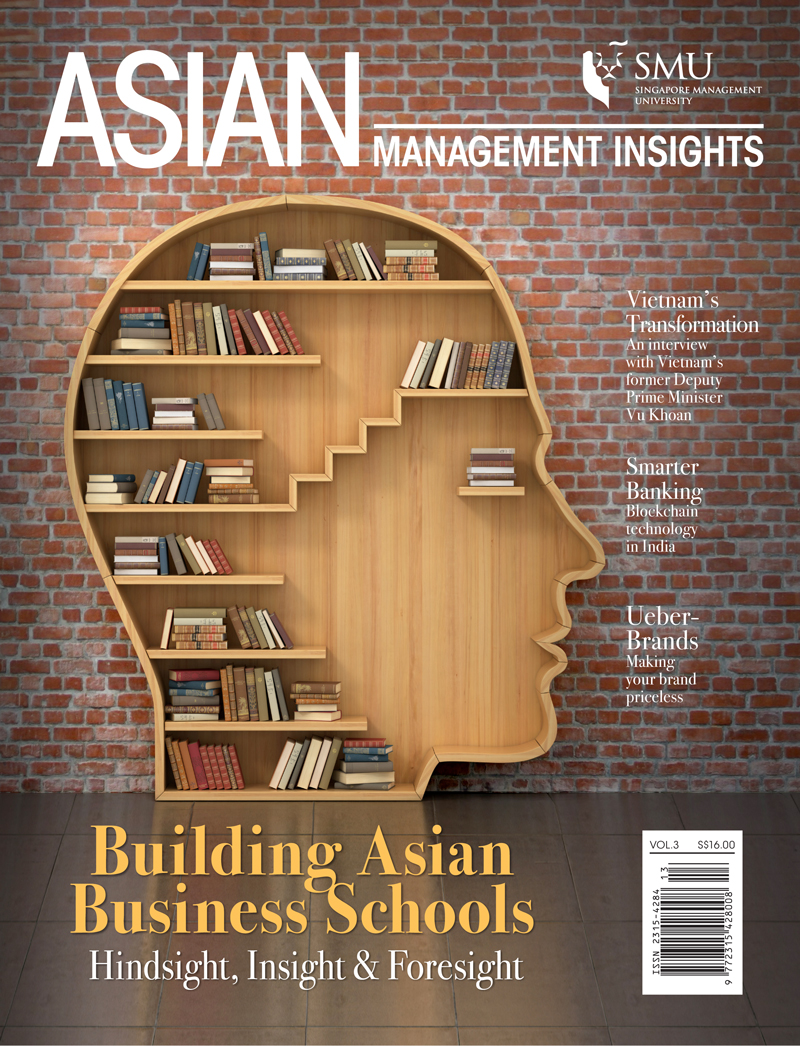
Latest | Volume 03 Issue 2
Building Asian Business Schools
Published on
Although it is true that learning never stops, the way we learn is changing every day.
Featured Articles
-
More than half of humanity currently lives in urban areas, and the United Nations predicts that figure will reach 70 percent by 2050.
-
JUMBO Group shows how digital transformation and its seafood business can go together.
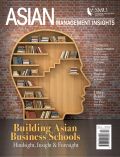
Although it is true that learning never stops, the way we learn is changing every day.
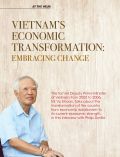
Future generations should constantly adapt and learn as, in 40 years, the world will be a very different place.
It has been 30 years since Vietnam introduced the ‘Doi Moi’ or economic renovation policy—a commitment to increased liberalisation and structural reforms necessary to modernise the economy. Would you say this has been successful? What are the continuing challenges?
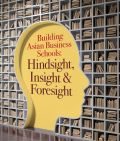
Schools should cross-pollinate and create Asian case studies that can be taught in both western and Asian schools.

Can blockchain address non-performing loan-related issues in the Indian banking system?
Indian banks are currently experiencing poor performance when it comes to debt risk. Burdened with high non-performing loans (NPL), they are putting at risk the funds of investors as well as India’s industrial and economic growth. In addition, the loan management process itself is riddled with inefficiencies. To overcome them, we propose to use blockchain technology.
Loan quality-related issues in the Indian banking system
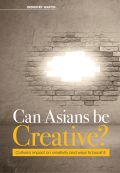
Culture’s impact on creativity and ways to boost it.A crotchety American named Henry Ford invented a modern, fast and efficient way to manufacture automobiles and a Japanese man named Eiji Toyoda refined and perfected it. A series of innovators across the western world developed the television—and the tech specialists at Sony, Toshiba and a host of other Asian companies found ways to make TVs better, cheaper, faster. And an idiosyncratic Californian named Steve Jobs invented a company that made a smart phone for the masses—and then outsourced the manufacturing to China.

Rethinking the linear economy.
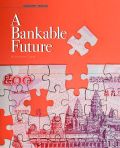
Efforts to promote financial inclusion in Cambodia are paying dividends economically, and unlocking opportunity.Recently the National Bank of Cambodia, the country’s central bank, hosted the First Mekong Financial Inclusion Forum in conjunction with several development partners. The Forum was aimed at strengthening the level of cooperation and knowledge exchange between countries and institutions in a drive towards financial inclusion within the Greater Mekong Subregion.

A drive for growth in the sharing economy.
In mid-2016, Anthony Tan, the CEO of Grab, an on-demand transportation-app company serving Southeast Asia, was locked in a high stakes struggle to win the hearts and minds of drivers, passengers and regulators alike. Valued at an estimated US$1.5 billion, Grab (known among consumers as ‘GrabTaxi’) had become one of Asia’s most successful start-ups.

Great inventions will not be born in the absence of the will and intent to embrace change and solve wide-ranging societal problems.

How to make your brand priceless?